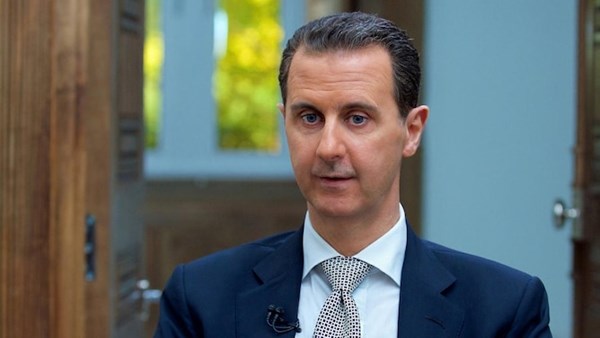Assad seeks sanctuary in Russia: a new addition to Moscow's 'collection' of exiled leaders
Bashar al-Assad and his family have been granted asylum in Russia on "humanitarian grounds." While there are no official photos yet of Assad settling into his new surroundings, speculation is rife about what he might owe Vladimir Putin for this hospitality and who his new neighbors might be, Digi 24 reports.
Columnist Mark Galeotti suggests that the discredited Syrian ruler will make his home in Barvikha, an upscale enclave for Russia's affluent near Moscow. Historically, this area housed political figures and select members of the loyal cultural elite during the Soviet era. It has since transformed into a sanctuary for newly rich and ousted dictators and their families.
Residents include the family of the deposed Serbian president and war criminal Slobodan Milošević, as well as at least three former presidents: Askar Akayev of Kyrgyzstan (overthrown during the 2005 "Tulip Revolution"), Aslan Abashidze of Georgia's Adjara Autonomous Republic (convicted in absentia for crimes including terrorism and murder), and former Ukrainian president Viktor Yanukovych (ousted during 2014's "Revolution of Dignity"). Bashar and Asma al-Assad may soon be the latest addition to this "collection."
The properties occupied by these former heads of state are lavish. Rumors have it that Viktor Yanukovych splits his time between a $52 million mansion in Barvikha and a residence in the Rostov region. The area boasts upscale dining spots and retail outlets, from the "Dream House" shopping mall to "Barvikha Luxury Village."
That said, Bashar Assad's family will have their own costs. The U.S. State Department estimates the Assad family’s wealth at approximately $2 billion, hidden worldwide in offshore accounts and shell companies. However, the accessibility of these funds remains uncertain. They are expected to pay for property and maintain a luxurious lifestyle in exile, with heavy expenses for private security and loyal staff, likely supplemented by FSB operatives.
The journalist anticipates that Assad's repayment won't be purely monetary. He could become a "pawn of the Kremlin," acquiescing to preserve his freedom. While it seems unlikely that he—or his 23-year-old son Hafez, being groomed as the heir—will ever return to Syria, he remains a potential bargaining chip. Putin is unlikely to extradite him to the Syrians, let alone to a war crimes tribunal. In many respects, granting asylum represents the ultimate social contract Moscow offers its client dictators: asylum if all else fails.
The family must now comply with what's convenient for the Kremlin, likely keeping a low profile and reminding the world that Moscow was recently a strong backer of his regime.
